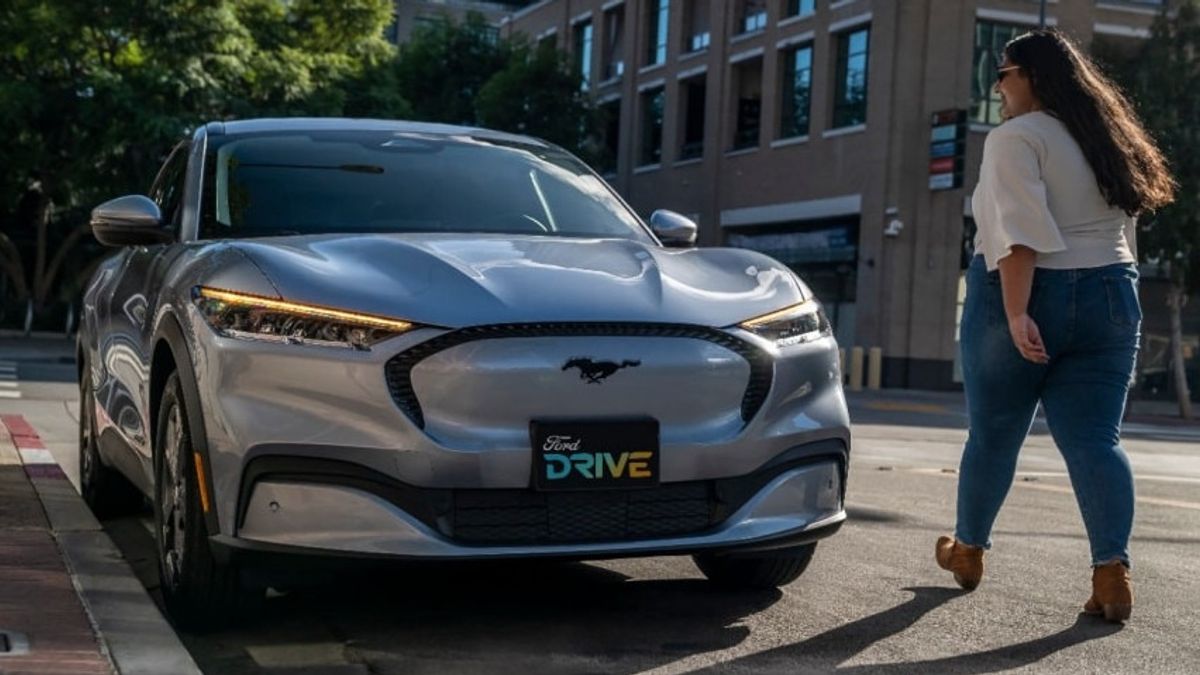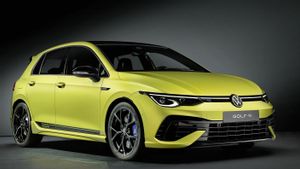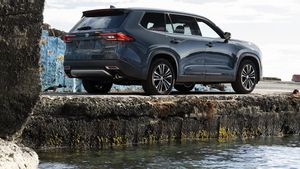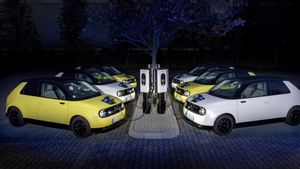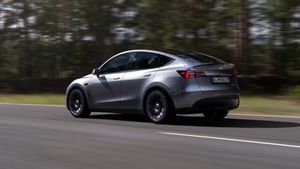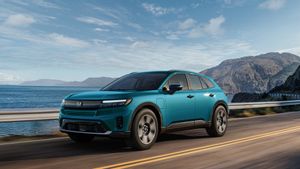JAKARTA - The electric vehicle market is growing rapidly, and more and more manufacturers want to get a share of the cake. Whereas previously the automotive industry had dominated several big players over the years. It seems, it is impossible for new brands to enter the market, however, electric vehicle technology has changed the map of competition and rocked their dominance.
Apart from Tesla, there is now BYD, a Chinese electric vehicle manufacturer that is the leader of global sales of electric vehicles. BYD's success surprised many people, but that's not a coincidence. BYD has invested heavily in electric vehicles for years, and has a strong range of products that are affordable and attractive.
This affordable product from BYD disturbs Ford CEO Jim Farley because it will be difficult for large manufacturers outside China to follow.
Farley stated that the cost of electric vehicle manufacturing may only drop to a level equivalent to an internal combustion engine (ICE) car after 2030. This is because a simpler production process and better work efficiency are expected to be achieved in that period, as stated at the investor conference, reported by Reuters, June 1.
Farley explained that for many automakers, electric vehicles (EVs) will still have higher costs compared to internal combustion engines up to the second and third generations of EV models starting production by the end of the decade.
According to Farley, between 2030 and 2035, most of the cost savings in the electric vehicle industry will come from fewer parts and are equipped with smaller batteries that use cheaper materials.
In addition, Farley also estimates that the electric vehicle industry can achieve a reduction in distribution costs through online sales, as well as increase revenue through new digital services supported by software.
Ford Motor Co recorded a significant increase in the software service business by reaching 600,000 subscribers, three times the previous year. This number includes 200,000 paying retail customers for the company's Blue Cruise driver assistance system, as well as 400,000 Ford Pro commercial customers who pay for various services including fleet management, electric vehicle charging, dynamical innate, and others.
With the expanded ability to collect data from vehicles and drivers, Ford also has the potential to follow in the footsteps of other automakers such as Tesla Inc (TSLA.O) and General Motors Co (GM.N) in offering insurance services.
Despite being asked about the potential for industrial consolidation in the next five years, Farley predicts "acceleration of cooperation" and refers to deals such as the recently announced use of Tesla's supercharger network by Ford for its future electric vehicles.
"This cooperation is very important," he said, especially for companies that may not have sufficient resources to build a complete electric vehicle ecosystem.
另请阅读:
Then, responding to competition with BYD, Farley insists Ford has several advantages that can help it compete with Chinese automakers. According to him with a long history, Ford has a strong brand name and a loyal customer base. Ford also has global reach, which can help it sell EVs in markets where Chinese automakers are not so established.
The English, Chinese, Japanese, Arabic, and French versions are automatically generated by the AI. So there may still be inaccuracies in translating, please always see Indonesian as our main language. (system supported by DigitalSiber.id)
